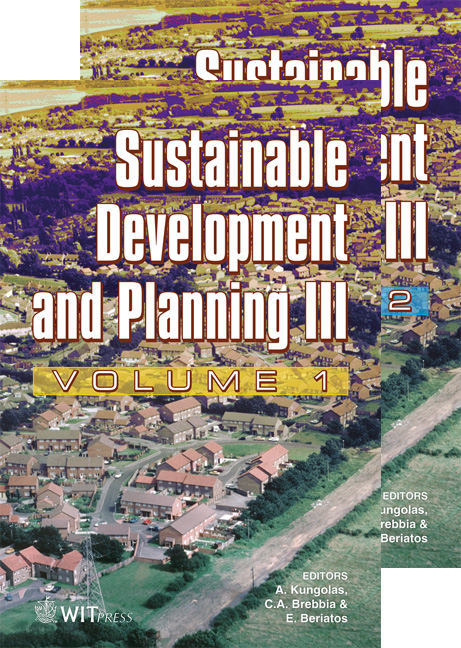Water Management And Planning In A Semi-arid Country: The South African Situation
Price
Free (open access)
Transaction
Volume
102
Pages
8
Published
2007
Size
280 kb
Paper DOI
10.2495/SDP070872
Copyright
WIT Press
Author(s)
J. Visser & S.-A. Verhoog
Abstract
South Africa is a semi-arid country in which the average rainfall is well below the world average of about 860 mm per year. Stream flow in South African rivers is at a relatively low level for most of the time, a feature that limits the proportion of stream flow that can be relied upon to be available for use. As a result of historical imbalances of the past, the availability of water was to a large extent determined by the prosperity and race of the water user. This resulted in a situation where a small percentage of the population controlled the bulk of the industrial and agricultural water in the country. The National Water Act, promulgated in 1998, saw the beginning of a new era with a new water resource management policy. The following principles are inherent to the new policy: Equitable use of resources, efficient and optimal use of the resource and sustainable use of the resource. A water use licensing system was introduced and enforced by the National Water Act. One of the objectives of this said Act is to redress the imbalances of the past through a more transparent and justifiable process. The paper will attempt to describe the licensing procedure and describe how social, economical and ecological aspects are influencing the decision-making processes in the management of water resources in South Africa. Keywords: arid country, historical imbalances, redress, equitable access, sustainability, resource protection, beneficial use, public interest. 1 Introduction South Africa is largely a semi-arid country with a varied climate. A gradual change in climatic conditions occurs from the wet and sub-humid eastern regions to the arid western coastal belt along the Atlantic Ocean. The average annual
Keywords
arid country, historical imbalances, redress, equitable access, sustainability, resource protection, beneficial use, public interest.





